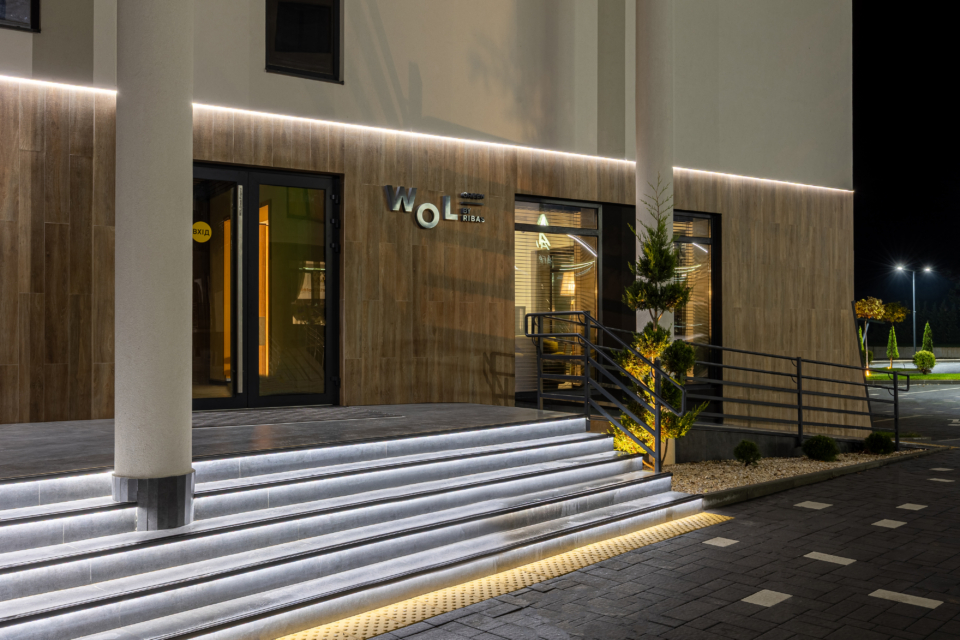How to keep the team motivated in the conditions of war

Employee motivation has a direct impact on company results. So, according to the Dale Carnegie website, companies with motivated employees outperform their competitors with a low level of motivation by 202%. Highly motivated teams, according to the analytics company Gallup, interact more effectively with customers, demonstrate higher productivity and retention rates, and their profitability is 21% higher.
The issue of motivating workers has always been important for business owners, but now it is a necessity, because after the start of the full-scale war in Ukraine, many people have lost their enthusiasm and feel confused. The task of company leaders today is to keep the productivity of workers at a certain level by motivating them using various methods. Let’s analyze the most effective of them in the article.
Material incentive
The most common type of motivation is a salary increase or bonus. This question is especially relevant today, in the conditions of war, when prices are increasing every day, and anxiety about the future is growing. It is worth noting that a salary increase can not only motivate workers, but also give them a sense of importance in the company. This will definitely cost you money in the long run. This type of motivation works especially effectively when implementing urgent projects.
Ideological motivation
It is also important to support the morale of the team by conveying to the people that the goals and tasks they are working on continue to be important and necessary. First of all, the manager should talk more about new ideas and the future roles of employees in them. You can also ask the team and decide in the discussion format who can be useful at this or that stage of project implementation. The method of discussion with employees should inspire them to work together and generate new ideas.

Absence of tangible hierarchy
It is difficult to build a job so that a certain employee does not have a supervisor who checks his work, especially in companies that need a clear result. But the manager still has to rally the workers so that they feel a team spirit. Sometimes this requires going beyond clear responsibilities. It is necessary to give the team and each of its units a certain freedom of creativity so that a person can express himself. In addition, the integration of the manager in the work on the project is very important. In this case, the team sees that the leader is interested in this matter and its outcome, which increases trust in him.
Gifts for a good result
Another method of encouraging workers is to provide them with non-monetary bonuses for successfully completed projects. For example, a company can pay an employee who implemented a project in advance, a vacation, training courses, give a gift of equipment or discounts on the company’s goods or services. However, in order to motivate the team correctly, the manager must know what exactly his team is interested in, understand the main values of the workers. Such gifts will increase the competitive spirit and encourage people to work more efficiently.
Communication is not only about work topics
Of course, communication at work should mostly take place within the limits of professional relations, but we must not forget that behind the colleague is an ordinary person with his own life and experiences.
“As an idea, you can introduce into the corporate culture the habit of getting together as a team and talking about how everyone’s week passed, what interesting things happened in life. This will make it possible to get to know each other better and increase the level of trust in the team. In such an atmosphere, it becomes easier for people to get along and, accordingly, close work tasks. This method works most effectively in young teams, when colleagues are not yet familiar with each other,” said Svitlana Sokolova, a recruiter at Ribas Hotels Group.
Conducting meetings
Communication with colleagues gives an understanding of the stage the company is at and where it is going. Especially during war, in a period of total uncertainty, employees need to have a stable plan for the near future. If the company is currently working remotely, these may be online meetings. They are just as important. In addition, at these meetings, the manager can praise employees for their work, encouraging them to achieve new things.

Meetings outside working hours
We are all used to corporate parties as an option to spend time with the team outside of work several times a year. However, nowadays it is not necessary to wait for this “holiday” to communicate. You can hold informal meetings more often, discussing life over a cup of tea after work, or ordering lunch at the office for everyone. “For example, we sometimes gather on Friday after team work in a cafe to relax after a hard work week. We also regularly order sweets to the office, we even installed a machine for cotton candy here. We do everything to distract ourselves from bad thoughts and create a cozy atmosphere for work,” noted Svitlana Sokolova.

Features of motivation the line personnel
Speaking about the hotel business, line employees, unlike office employees, are less attached to the workplace and the manager. For such people, timely payment, living and dining conditions are very important if the complex is located in a resort area.
“As our experience of building a motivation system in the Ribas Hotels chain shows, the opportunity to change positions and move to other hotels, or even move to other cities and countries, is perceived as career growth and motivates staff to work better and stay in the company longer. In our institutions, the best employees of the reception and accommodation service first become managers of small hotels with up to 30 rooms, and within a year or two – large hotels with restaurants,” commented Artur Lupashko, founder of Ribas Hotels Group.
The difference between the motivation of line employees in wartime and peacetime is that nowadays it is difficult to plan anything in advance. Most people feel comfortable when they are certain of a future stability that does not exist now. “Therefore, the main task of the manager at the moment is to discuss plans with his team, to give them possible guarantees of further work in the hotel, to regularly pay salaries, no matter what. Thanks to these actions, since the beginning of the full-scale war, we managed to save 80% of the teams,” Artur Lupashko summarized.
















